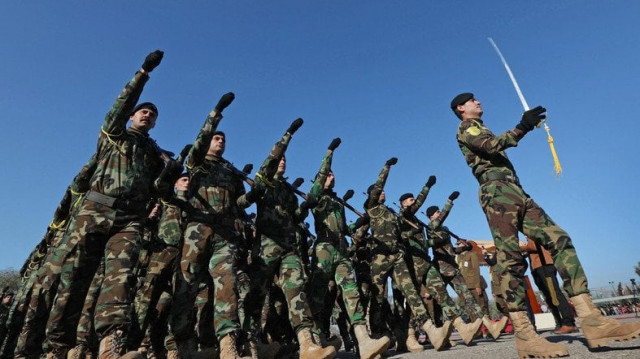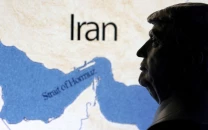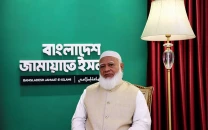Iraqi Kurds accused of carrying out 'mass executions'
Peshmerga militants detained Iraqis and foreigners at a school

Some four-hundred eighteen male and female Peshmerga fighters completed their military training and graduated from the academy. / AFP PHOTO / SAFIN HAMED
The watchdog said the Kurdish peshmerga fighters detained Iraqis and foreigners at a school in Sahel al-Maliha, 70 kilometres (45 miles) northwest of second city Mosul, from which IS was expelled in July.
"The evidence suggests that Asayish (Kurdish) security forces conducted mass executions of captured Islamic State suspects night after night for a week, perhaps killing scores or even hundreds of male detainees," said Lama Fakih, HRW's deputy Middle East director.
Baghdad mayor has ambitious plans for her city
"Iraqi and KRG (Kurdish Regional Government) authorities should urgently and transparently investigate the allegations of mass executions and hold those responsible to account," she said in a statement.
The executions allegedly occurred between August 28 and September 3. Questioned about the report by HRW, Iraqi Kurd government official Dindar Zebari denied the accusations.
Zebari said that according to the head of the Asayish, the peshmerga were battling Islamic State on a 71-kilometre front line as the militants attempted to flee to Syria.
Al Qaeda still going strong as Islamic State crumbles: UN report
During the clashes, many Islamic State and peshmerga fighters died, and "the corpses of the killed Islamic State members in this fighting were probably brought in one place to be buried", he was quoted as saying.
The front line is located about 40 kilometres from the site at which the bodies were found, said HRW, casting doubt on his account.
"This explanation does not match the state the bodies were found in, shot in the head" and buried "in a solitary desert area, far from where any fighting had occurred," said the watchdog.



















COMMENTS
Comments are moderated and generally will be posted if they are on-topic and not abusive.
For more information, please see our Comments FAQ